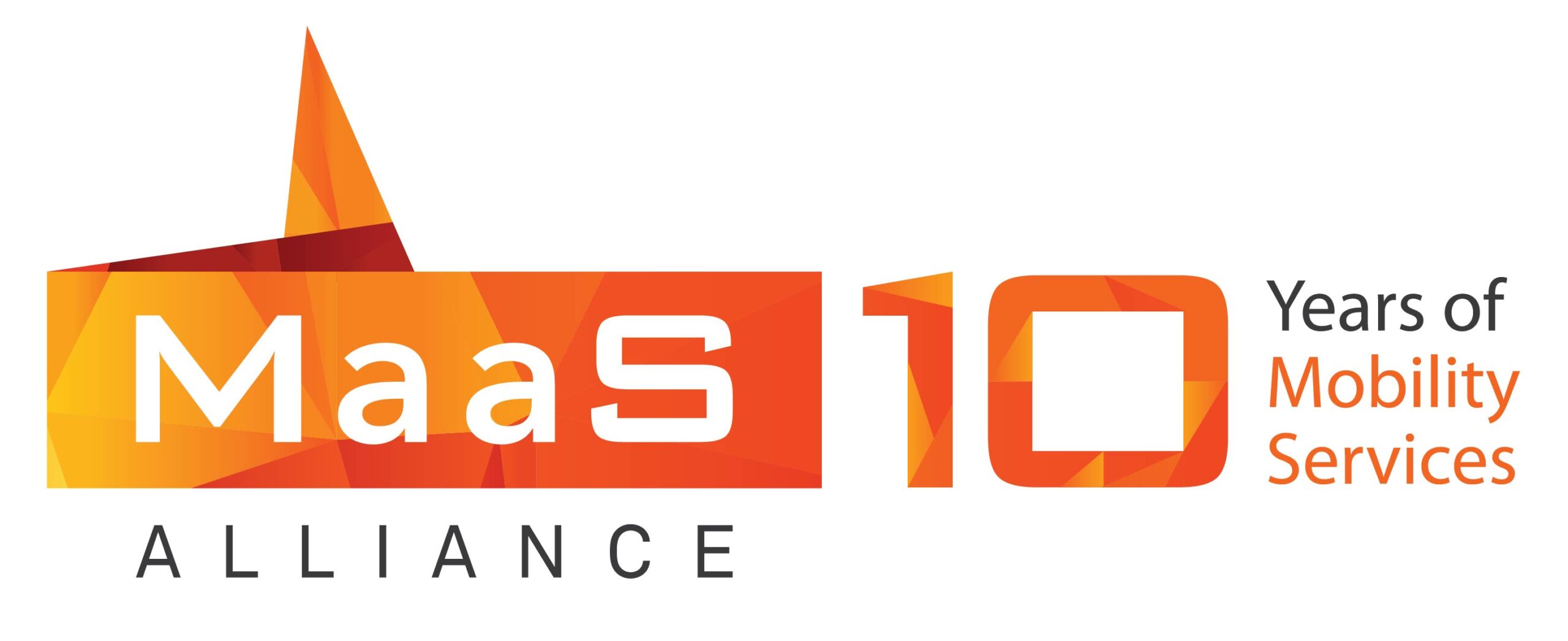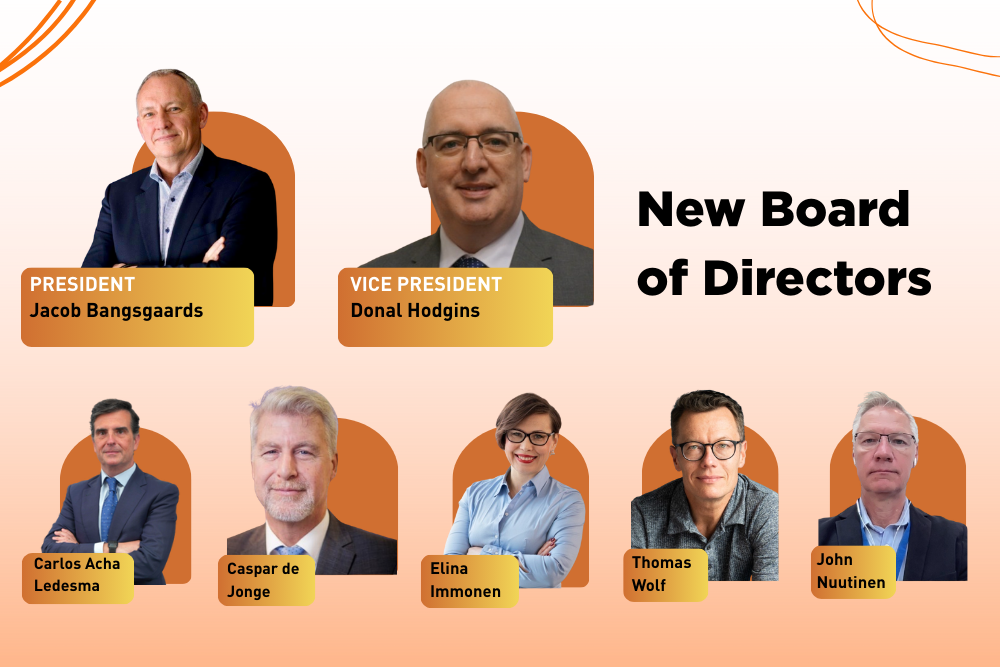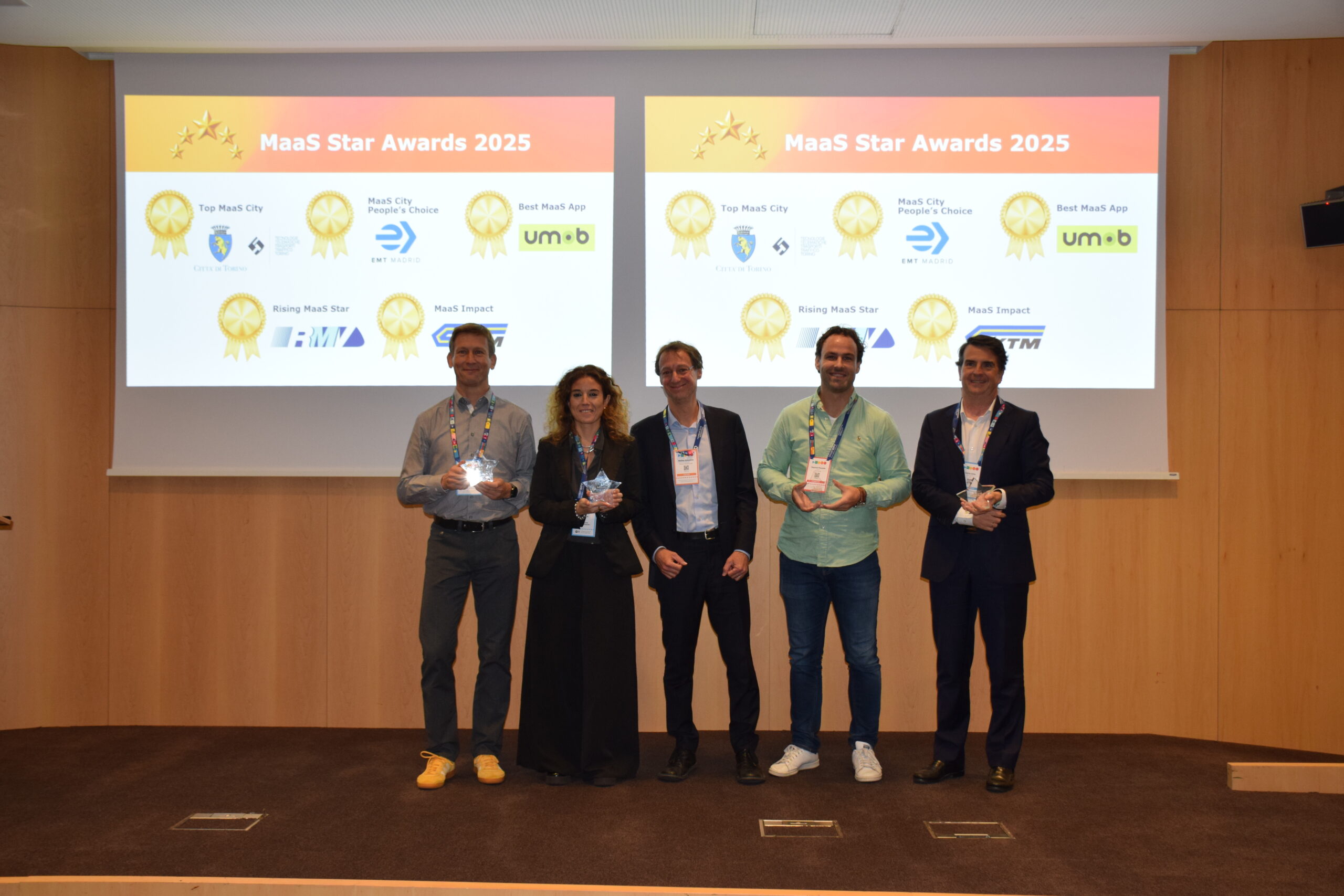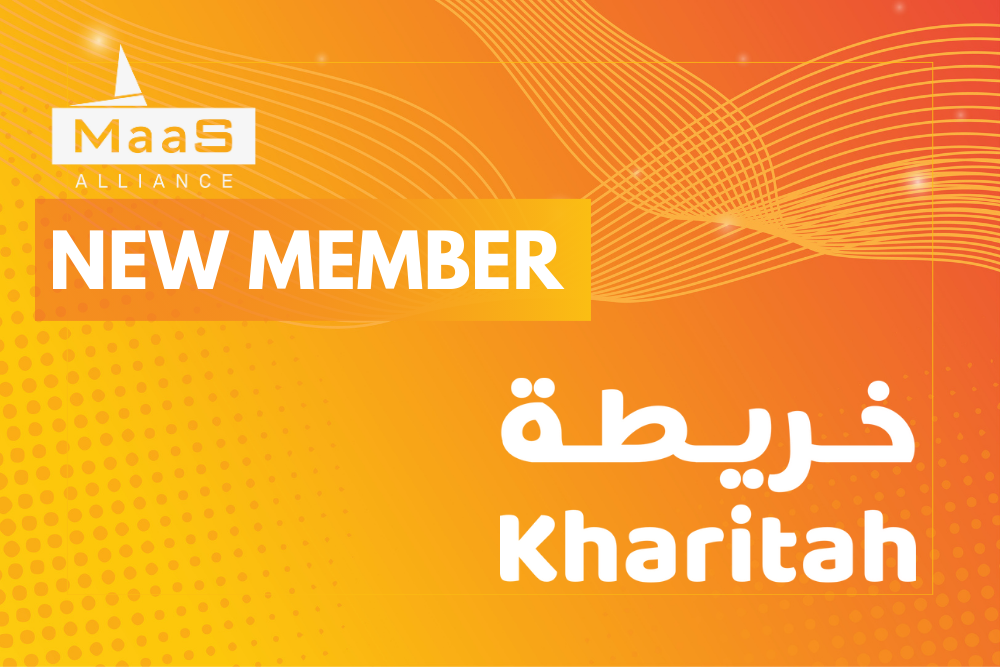To celebrate our achievements and activities of the past 5 years, we continue our conversation with the founding and current Board Members of the MaaS Alliance. This month, we have the pleasure to talk to Raluca Marian, General Delegate of IRU – Permanent Delegation to the European Union.
IRU is one of the founding members of the MaaS Alliance. If you now look back 5 years, the mobility industry has changed quite a lot. What are the most remarkable positive and negative changes and trends?
Digitalisation, automation, decarbonisation, reliance on data and the emergence of the sharing economy are defining the new mobility era. It is exciting to see an increasing number of “smart cities”, in which digital technologies are used to make traditional networks and services more efficient, benefitting both citizens and businesses.
IRU anticipated these changes in the mobility sector at an early stage and recognised the potential of Mobility as a Service (MaaS) to provide travellers with a seamless mobility experience based on collective and shared mobility, thereby reducing reliance on private cars.
Whilst there is a clear trend towards digitalisation, including in the passenger transport market, transport operators sometimes remain concerned about MaaS models being imposed by regulatory intervention. Transport operators run businesses and they should have the freedom to engage with commercial partners in a climate where they feel safe and protected.
IRU represents the interest of bus, coach, taxi and truck operators as well as the broader mobility and logistics industry globally. How do your members fit into this multimodal ecosystem advocated by MaaS?
For commercial transport operators, the shaping of MaaS business and governance models and the applicable regulatory frameworks will influence the revenues from this form of connected mobility. Consequently, the future success of bus, coach and taxi operators within MaaS systems will depend on ongoing regulatory developments, notably at the EU level, and the possibility for the private passenger transport sector to steer them and guarantee a level playing field between MaaS integrators/operators and mobility service providers, and among mobility service providers themselves.
On the technical side, one of the big challenges of MaaS systems is the absence of harmonised data formats/application programming interfaces (APIs), IRU is part of the MaaS Alliance group working for a solution. Moreover, through our involvement in both initiatives, we established strong links between MyCorridor project and the MaaS Alliance on technical, legal and user related issues, including in connection with APIs.
What do you think the most beneficial advantages of MaaS for your different members are ? What is, for you personally, the most innovative and important aspect of MaaS in this regards?
Around 370,000 operators employing 2 million people provide road passenger transport services in the EU. Unlike other transport modes, 80% of road passenger transport operators are small and medium-sized enterprises (SMEs). This is true for the bus and coach transport sector and even more so in the case of on-demand passenger transport by car (taxi and similar services). MaaS schemes could help transport operators to find new sales channels and access an otherwise unreachable customer base. SMEs in the mobility sector could especially benefit from the visibility and cost savings offered by MaaS systems. For example, MaaS operators market their services, reducing marketing costs for individual transport operators.
Can you tell us about IRU’s priorities for the future?
We want to make sure that MaaS benefits all stakeholders in a fair and accessible way. With that in mind, IRU and its members will focus on:
• Governance: balanced MaaS systems can only be achieved if both the operators’ roles and the role and responsibilities of MaaS integrators/operators and the access conditions of mobility service providers to MaaS systems are addressed.
• Protection of commercial data: harmonised rules for the protection of commercial data are needed, with data reciprocity, meaning that data aggregators must provide transport operators with access to their data; and data portability, meaning that MaaS operators must allow transport operators to transfer their data to other providers.
• Finding solutions for transport operators’ integration costs: transport operators will need the basic infrastructure and quality data to become part of MaaS systems. Many SMEs in the passenger road transport sector do not have the technical and human resources to do so, which will make it very difficult for them to join MaaS schemes without support.
MaaS holds great potential for the transport sector but its functioning must be simple and affordable for all involved.
If you think about the future, how do you think MaaS will look in the next 5 years?
Though MaaS is increasingly affecting mobility service providers across the EU Member States, we are yet to see well-established MaaS schemes based on stable and durable business models and solutions. We hope to see sustainable models in the near future, which could include public private partnership models.
For MaaS to be successfully deployed across Europe, it should be user, customer and market centric. The MaaS ecosystem design should be open and inclusive to any company or organisation wishing to take part as a user or service provider, scalable and operating under a safe framework for all, which enables trust amongst various MaaS players, including transport operators. Thus, it is important that the MaaS Alliance increase its efforts and we would also like to see the EU Commission to initiate new research topics related to MaaS to boost the mobility sector’s image. Concrete steps should be taken in addressing barriers, such as enabling road transport operators and other interested stakeholders to be part of MaaS operational and business models. MaaS was identified in the European Green Deal as a tool to decarbonise the transport sector. This should serve to stimulate the discussion around MaaS and its role in promoting green mobility.
___________________________
Do you want to find out more about what MaaS Alliance has achieved in the past 5 years? Read the previous interview with Laurianne Krid, Director General of FIA Region I.
To be part of this mobility revolution, contact us and find out how to join the MaaS Alliance.



